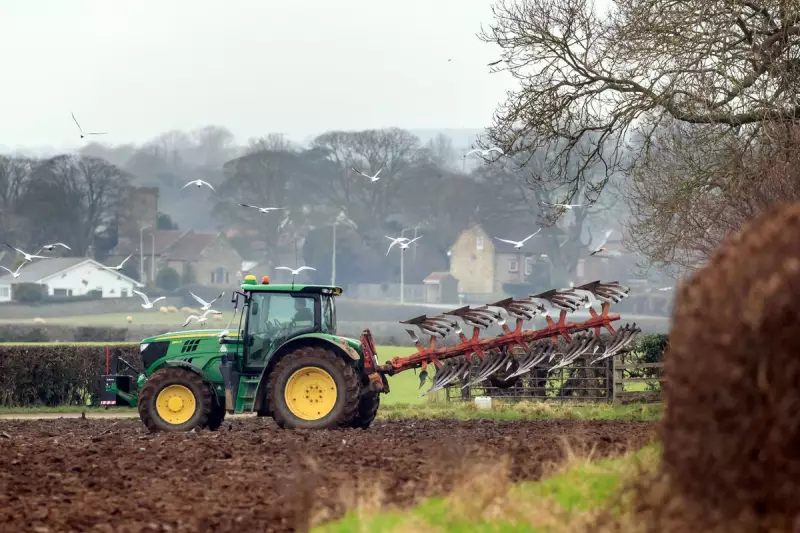
A damning new survey has shattered the peaceful image of the British countryside, revealing that racism is a widespread and deeply troubling issue for ethnic minority residents.
The research, conducted by the Rural Services Network, found that a staggering one in four people from ethnic minority backgrounds living in rural areas have personally experienced racism. This figure paints a starkly different picture from the traditionally idealised view of country life.
A Landscape of Discrimination
The findings are particularly concerning for younger generations. Nearly half (44%) of 18 to 24-year-olds reported experiencing racist behaviour, suggesting that the problem is not diminishing with time. Furthermore, 28% of all respondents reported witnessing racism directed at others, indicating that discriminatory acts are often performed openly.
Perhaps most alarmingly, the survey indicates that many incidents go unreported. A significant 42% of those who experienced racism did not report it to any organisation, with many believing that nothing would be done or that it wouldn't be taken seriously.
The Impact on Daily Life
The discrimination extends beyond isolated incidents, creating an environment where ethnic minority residents feel unwelcome or unsafe. The data suggests that the very idea of the countryside as an inclusive space is a myth for many.
This has profound implications for community cohesion and the long-term sustainability of rural areas, potentially deterring people from ethnic minority backgrounds from considering country life.
Challenging the Idyllic Myth
The survey fundamentally challenges the perception of rural Britain as a universally welcoming and tolerant place. It forces a national conversation about the reality of life outside urban centres for ethnic minorities.
These findings serve as a crucial wake-up call for policymakers, community leaders, and residents alike, highlighting an urgent need to address systemic racism and foster truly inclusive rural communities.





